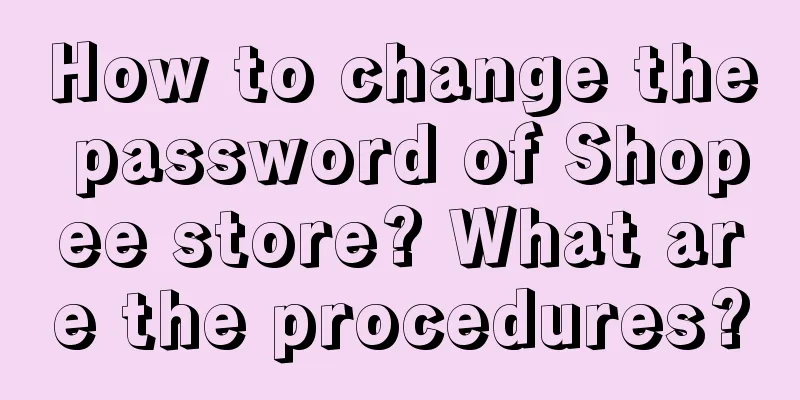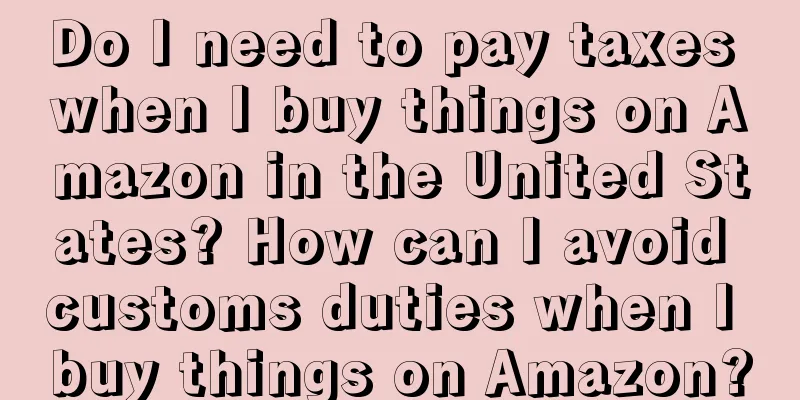What are the risks of virtual credit cards? How to use them safely?

|
With the development of technology, virtual credit cards have become more and more popular as a convenient online payment tool. However, any payment method has its potential risks. This article will explore the risks of virtual credit cards and provide safe usage suggestions to help you make better use of this tool. 1. What are the risks of virtual credit cards? Information security risks: The generation, storage and use of virtual credit cards all need to be done through the Internet, which increases the risk of information leakage. Hackers may obtain virtual credit card information by stealing personal information, attacking bank systems, etc., and then conduct illegal transactions. Fraud risk: Virtual credit cards are mostly used for online transactions, which gives criminals an opportunity to take advantage of them. They may impersonate legitimate merchants or conduct phishing scams to trick consumers into providing virtual credit card information and then steal funds. Operational risks: Some consumers may suffer financial losses due to improper operation or negligence when using virtual credit cards, for example, leaking virtual credit card information to others or mistakenly transferring funds to fraudulent accounts. Legal risks: In some countries or regions, the use of virtual credit cards may be subject to legal restrictions or insufficient supervision. If users are not aware of the relevant laws and regulations, they may get into legal disputes. 2. How to use virtual credit cards safely? Protect personal information: Never disclose virtual credit card information to others, including merchants, friends or relatives. At the same time, regularly update passwords and verification methods to enhance account security. Choose merchants carefully: When making online transactions, always choose reputable merchants with high reviews. Avoid using virtual credit cards on unknown sources or suspicious websites. Verify transaction information: Before making a transaction, carefully check the transaction amount, merchant name, order details and other information to ensure that they are correct before making payment. Pay attention to account dynamics: Check virtual credit card transaction records regularly. If you find any abnormal transactions or suspicious activities, you should contact the bank immediately for verification and processing. Understand the laws and regulations: Before using a virtual credit card, understand the relevant laws and regulations of your country or region to ensure that your actions are legal and compliant. As a convenient online payment tool, virtual credit cards provide us with more flexible and diverse payment methods. However, during use, we must always remain vigilant to ensure the safety of personal information and funds. By following the above safe use suggestions, we can better enjoy the convenience brought by virtual credit cards. |
>>: How long does it take to apply for a credit card online? What are the application requirements?
Recommend
In order to find out the secrets in the phones of old babies, I studied 100 middle-aged and elderly TikTok accounts
What types of content do middle-aged and elderly u...
Most people have cognitive biases about Xiaohongshu e-commerce...
The real opportunity of Xiaohongshu e-commerce - p...
Spring marketing: Which brand comes out on top?
In spring, everything comes back to life, and the ...
Is Wishgo an independent cooperative site of Wish? Is Wishgo a subsidiary of Wish?
In the e-commerce field, Wish is a popular shoppin...
Why are there huge market opportunities for 24-hour soy milk restaurants?
After getting off work late at night, you can alwa...
Generation Z loves trendy things! (Part 1)
From philately to cultural relics, people's lo...
How to build a private domain operation system?
For enterprises, the question of whether to operat...
What should I pay attention to when listing products on Amazon? What are the review requirements?
Today, I will introduce you to the content of open...
Pinduoduo, the "uncut" live broadcast room
The development of live broadcasting rooms in 2022...
What products sell well on Shopee Indonesia? How to choose products on the Indonesian site?
After choosing a site on Shopee, you need to selec...
Fighting for Double 11: Bilibili and Xiaohongshu’s exploration of live e-commerce
This year's Double 11 is coming, and many plat...
Tik Tok Onslaught Game
The author of this article talks about the prospec...
How to join shein? What are the conditions for joining?
As a world-renowned online retailer, Shein's u...
Starbucks collaborates with "Journey to the West" to open a new door to coffee delivery with "Frozen Latte"!
There are endless cross-border collaborations. Why...
Storytelling is dangerous
How to tell a story from a copy? How to find the v...









